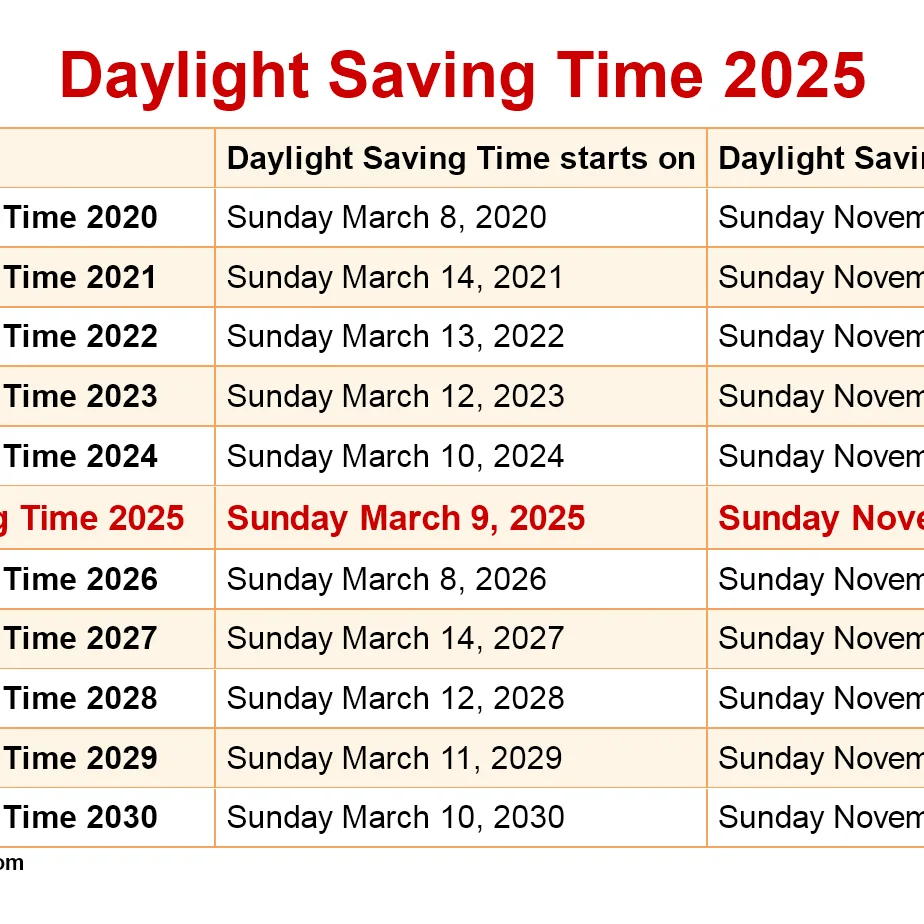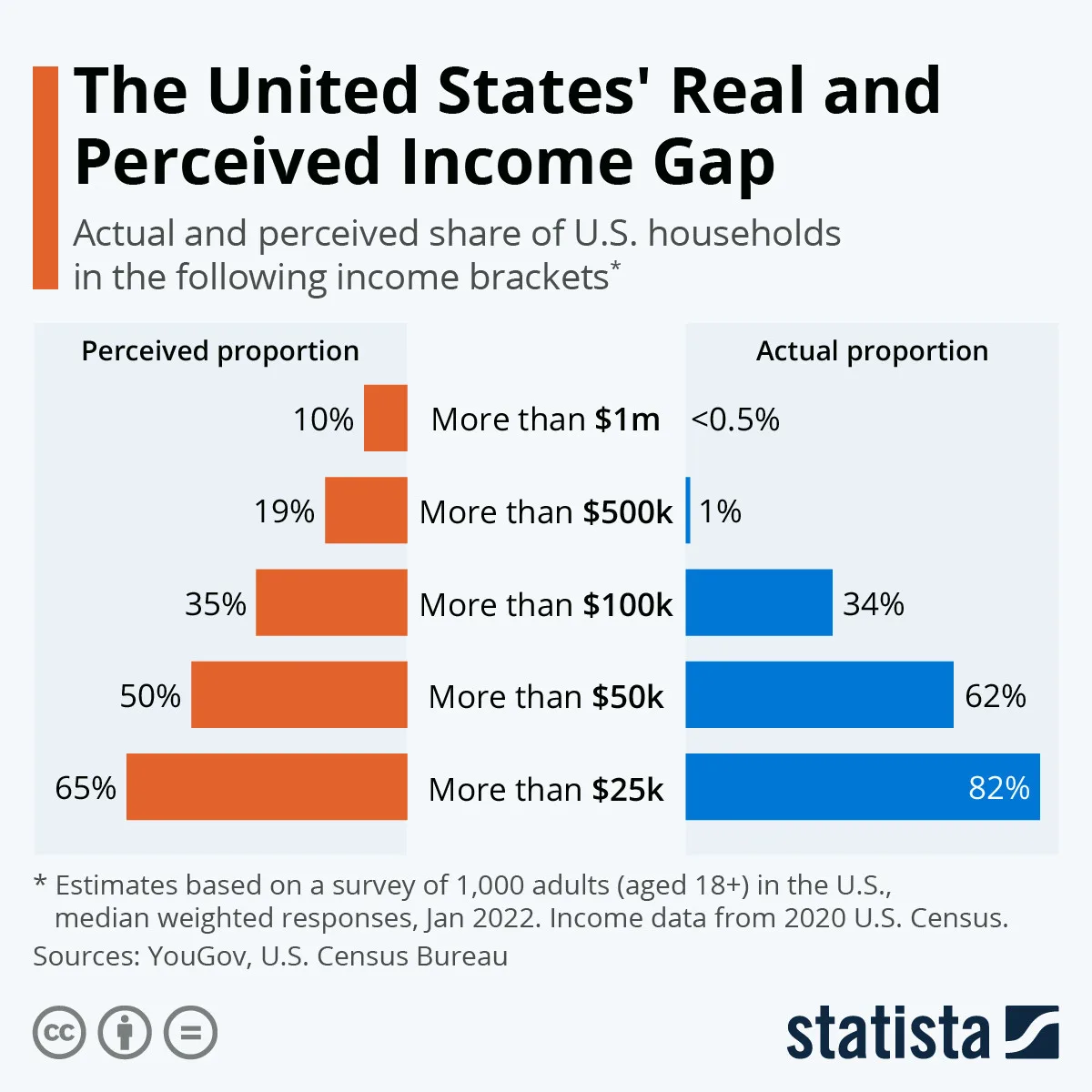As we approach the year 2025, discussions around the upcoming Daylight Saving Time (DST) change are intensifying. On March 9, 2025, clocks will spring forward by one hour at 2:00 AM local time, ushering in longer daylight hours in the evening. This change, often welcomed by many for the additional daylight, also evokes numerous opinions and concerns from experts and the general public alike. According to Dr. Ethan L. Smith, a sleep researcher, ‘The shift in time can disrupt sleep patterns, leading to increased health risks for some individuals.’ In Canada, provinces such as British Columbia and Saskatchewan are already contemplating whether to remain on Standard Time or embrace DST year-round. The debate is not limited to Canada; in the United States, various states are exploring potential legislation to eliminate the clock change altogether. A recent poll indicated that 60% of Americans are in favor of abolishing Daylight Saving Time, citing reasons such as health concerns and inconvenience. Weather experts highlight that while the change provides an hour more of light in the evenings, it can also result in increased energy consumption during the transition period. As the date approaches, many are encouraged to set reminders for the clock change to avoid any confusion over appointments and schedules. The upcoming DST change serves as a reminder of the ongoing conversations about time management, health impacts, and energy conservation as communities navigate the complexities of modern life.
Daylight Saving Time Changes in 2025 Spark Discussion Among Experts and Citizens











